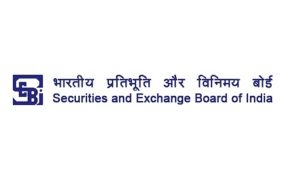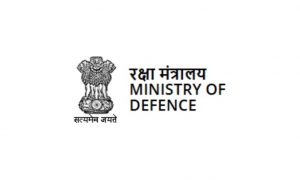It is difficult to see how an affordability index would be of any help in fighting insider trading or circular trading.
SEBI’s proposed Affordability Index sounds like old wine in a new bottle. The markets regulator is considering a proposal for investors and traders to get a credit-rating like score based on their income or net worth which will establish the affordability of transactions and help prevent stock price manipulation by mule accounts, show the agenda papers of its last board meeting.
This scheme looks like another avatar of its earlier proposal in June where the regulator wanted to cap equity exposure based on an investor’s net worth. As these pages have argued earlier, targeting investors based on income or net worth criteria would harm the market rather than do any good and must be rejected.
In the earlier case, SEBI’s reasoning was that this idea was needed to prevent individuals from going overboard on equity investments. Investors were supposed to get a net-worth certificate from their chartered accountant to prove they are solvent enough to enter the exchange or trade in equities. Stakeholders objected calling it a regulatory overreach. A persistent SEBI has repackaged the idea. Only now it is not going to use the data to decide investor exposure but track benami accounts.
After asking brokers to create an affordability score for their clients, it was proposed to compare this score with the volume of transactions. Higher transaction volumes relative to the score would attract higher surveillance. SEBI says the objective is to enhance due diligence by market intermediaries to prevent the use of dummy accounts for carrying out fraudulent transactions or insider trading. SEBI expects the brokers to flag such accounts but the brokers have seen through the game plan and have said they are ill-equipped to calculate the index.
There is already enough information collected during the process of opening a brokerage account. A customer needs to submit his/her bank account details along with PAN while opening an account. Getting a net worth certificate is unlikely to help. It is an open secret of how a net worth certificate can be ‘bought’ in the market. In that case, an affordability index score will be just a status symbol and wouldn’t be of much help.
In any case, the incentive to operate a mule account or a benami account has come down with the introduction of Long Term Capital Gains (LTCG) which curbed its use to convert black money to white.
Now there are two main reasons to operate a benami account. First, as a front for an insider or person who is privy to price sensitive information, and second, for circular trading and jacking up the price of a company.
It is difficult to catch an insider both in India as well as globally. Unless a money trail and information sharing trail are established, there is little strength in such cases. But this is a difficult task given the numerous way in which information can be passed and money can transfer. SEBI’s own fair markets committee had asked for more powers like the scope to intercept phone calls.
The regulator has a poor success rate in insider trading convictions. In the past three years, SEBI acted in 40 cases of violation of Prohibition of Insider Trading Regulations. Ill-gotten gains were impounded in just 12. The remaining were disclosure violations. Even these 12 cases are slowly making their way through the law and order machinery. Most have not yet reached the stage where evidence is presented.
Even in the case of circular trading, SEBI has not covered itself in glory. Though circular trading occurs in a handful of accounts conviction rate has been poor. Operators still hound stock exchanges and the same old names continue to work freely. Only people looking to make a quick buck fall for such ‘operated’ companies. To protect such investors who are always on the lookout for the next quick fix, SEBI is punishing everyone.
In conclusion, it is difficult to see how an affordability index would be of any help in fighting insider trading or circular trading. The regulator would be better advised in strengthening its surveillance mechanisms.


























 WhatsApp us
WhatsApp us